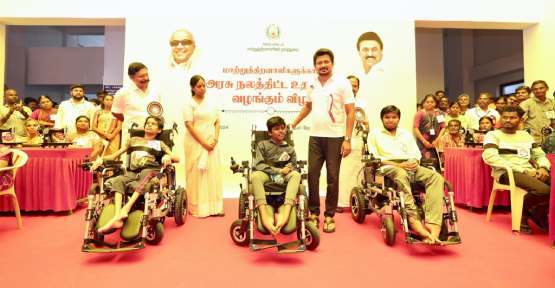More about immunodeficiency disorders
Posted on: 14/Sep/2016 6:24:56 PM

Experts say that the chances of having an immunodeficiency disorder are higher if you have recurrent chest infections like sinus and lung infections, or a simple sore throat, viral fever or cold complicating into pneumonia, or diarrhoea and abdominal disorders, over a period of time. This disorder is commonly seen in children and senior citizens or those who are suffering from diseases like diabetes, transplant patients, Hepatitis B patients and also HIV.
According to a leading gastroentologist at Apollo Hospitals, There are a large number of patients who do not make it to proper medical setups to get diagnosed. A large number of them succumb to these conditions without even knowing what they were suffering from, let alone get treated. It is important for patients to record the history of their infections. If they find that every two or three months they are suffering from some or the other form of infection, then they must approach medical set-up and get themselves diagnosed.
Says a senior haematologist, haemato-oncologist and bone marrow transplant surgeon at Yashoda Hospitals, Those who suffer from secondary immunodeficiency have higher hospitalization rates and have limited physical and social activity. These patients are very sensitive and despite treatment, they are found to fall ill very soon. Often, long term morbidity and end-organ damage relating to repeated episodes of infection can occur.
The causes of an immunodeificiency may be systemic disorders like diabetes and undernutrition, immunosuppressive treatments like cytotoxic chemotherapy, bone marrow ablation before transplantation and radiation therapy are some of the reasons, or prolonged serious illness where hospitalization is for a longer period of time also impairs immune responses.
They can be treated through antibiotics and anti virals. Vaccines like pneumococcal vaccine and flu vaccine are given to those who are suffering from this condition regularly. Stem-cell transplants are available for muscular disorders and also for those where the severity is too high but depend on case-to-case basis.
To reduce the risk of those suffering from this condition must ensure that they do not eat undercooked food, drink contamination water, avoid contact with people who are suffering from infections and must practice a very good personal hygiene including dental care.







